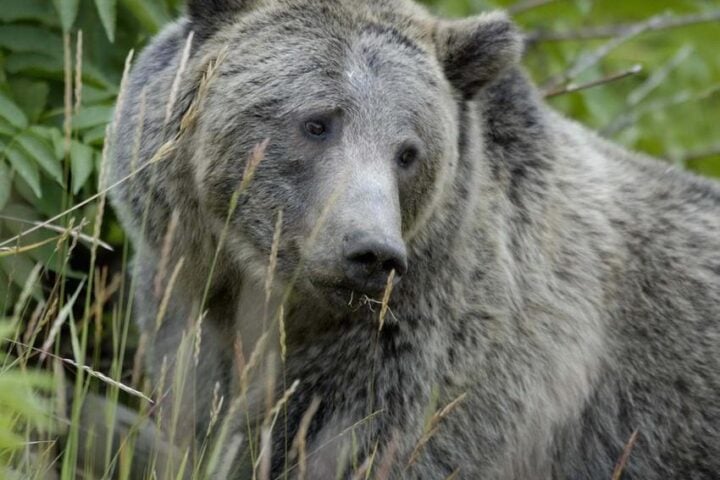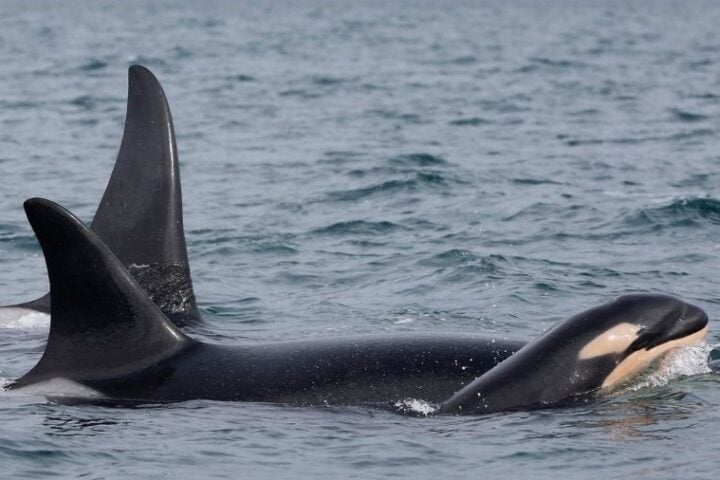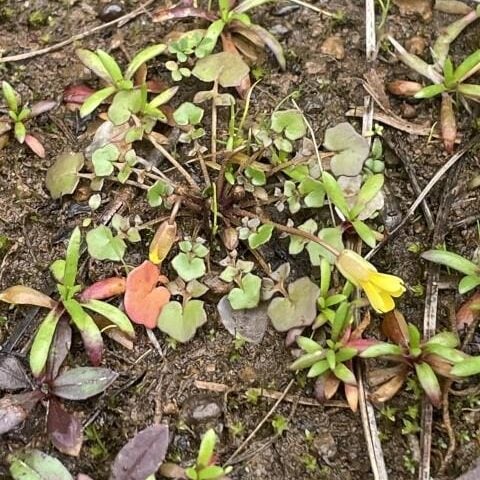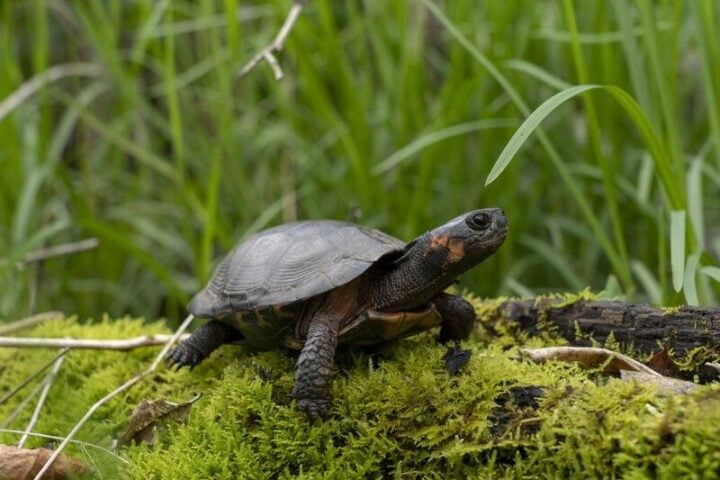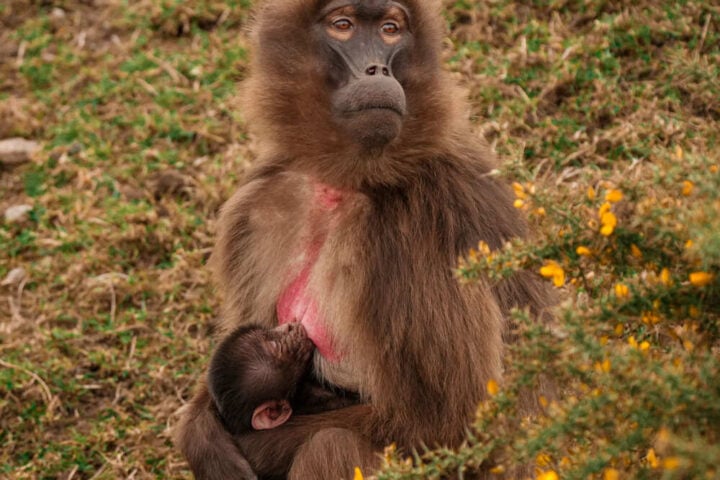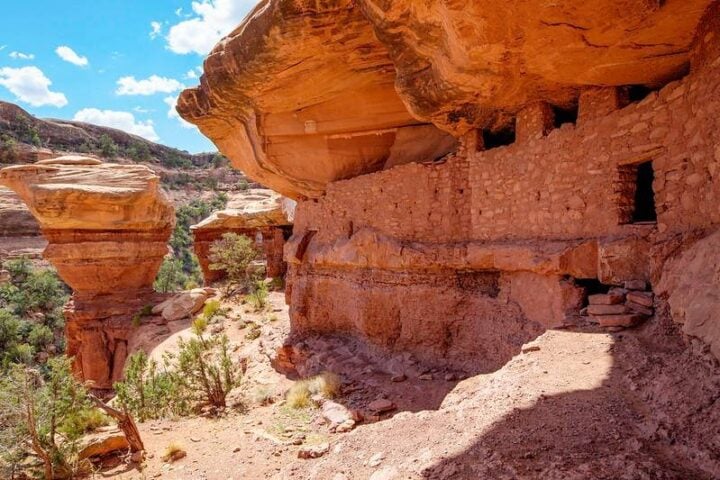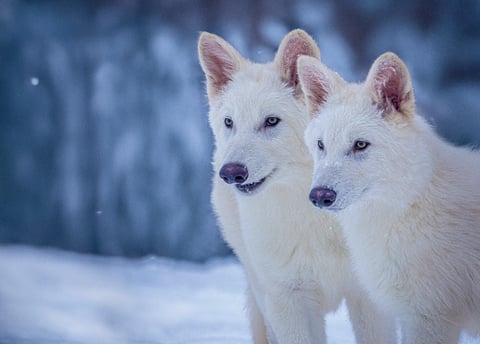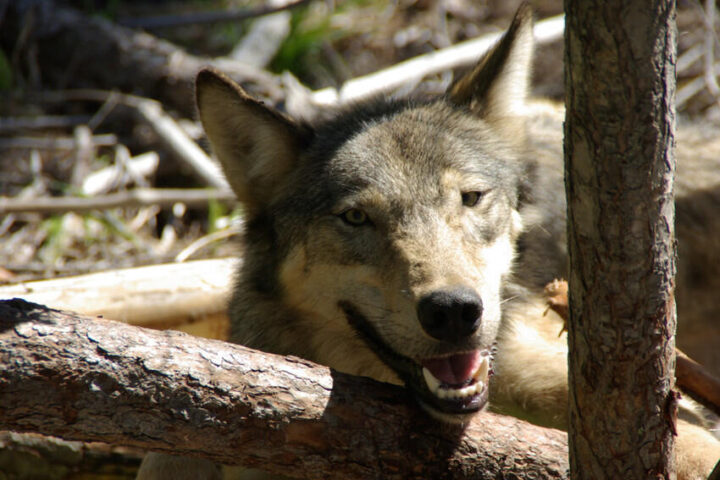Brazil’s Amazon rainforest witnessed a significant 66.1% drop in deforestation this August compared to the same month in the previous year. Satellite data from INPE, the Brazilian space research agency, revealed that only 563 sq km of the rainforest was cleared in August 2023. This decline is especially noteworthy as August typically sees a surge in deforestation rates due to drier weather conditions. The reduction follows a similar trend observed in July, marking a consistent decrease in deforestation.
Environment Minister Marina Silva credits the positive change to President Luiz Inácio Lula da Silva’s new government, which has actively worked to reverse the environmental policies of former President Jair Bolsonaro since Lula took office in January. Bolsonaro’s tenure saw a spike in rainforest destruction, largely due to promoting mining in indigenous territories and cutting environmental protection resources. In contrast, Lula’s administration is committed to halting deforestation in the Amazon by 2030.
As part of his conservation efforts, President Lula recently recognized two new areas in Acre and Amazonas as protected indigenous lands. These demarcations offer legal shields against potential threats from illegal loggers, gold miners, and cattle ranchers. The Amazon, often dubbed Earth’s lungs, is crucial for absorbing CO2 and producing oxygen, making its conservation vital in the fight against climate change.
Similar Posts
Despite the encouraging deforestation data, the Amazon has seen an uptick in fires, with June recording the highest number since 2007. Many of these fires, which release vast carbon emissions, are linked to clearing previously deforested areas. Last month, Brazil hosted a significant rainforest summit, bringing together leaders from the eight Amazon basin countries. While the summit led to the formation of an alliance against deforestation, a unified conservation goal remained elusive.
WWF-Brasil’s director, Mariana Napolitano, praises the new direction but emphasizes the need for more transparency in trading livestock, gold, and other commodities. Brazil’s Indigenous affairs agency reports that about a third of the country’s 800 reserves have yet to be officially demarcated. Bolsonaro’s administration did not demarcate any new reserves during its tenure. A pivotal Supreme Court decision awaits, which could either validate or challenge the 1988 cut-off for recognizing ancestral territories. Indigenous leaders argue that many territories were unoccupied in 1988 due to forced expulsions, especially during the military dictatorship era.
The court’s decision, resuming on September 20, could significantly impact indigenous land rights. Indigenous reserves currently cover 13.75% of Brazil’s territory, with a majority situated in the Amazon. The Amazon spans eight countries, with Brazil housing a significant 60% of this vast rainforest. Lula’s international reputation hinges on improving Brazil’s environmental standing, a promise he seems keen on fulfilling. The world watches as Brazil takes steps towards safeguarding the Amazon, a critical ecosystem influencing global climate patterns. With deforestation rates on the decline, Brazil’s efforts could set a precedent for rainforest conservation worldwide. As the Amazon’s fate hangs in the balance, the global community remains curious about Brazil’s next moves in its conservation journey. The Amazon, often called the Earth’s lungs, is essential in absorbing carbon dioxide and releasing oxygen, making its protection vital in combating climate change.
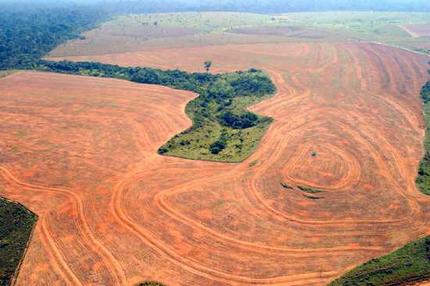

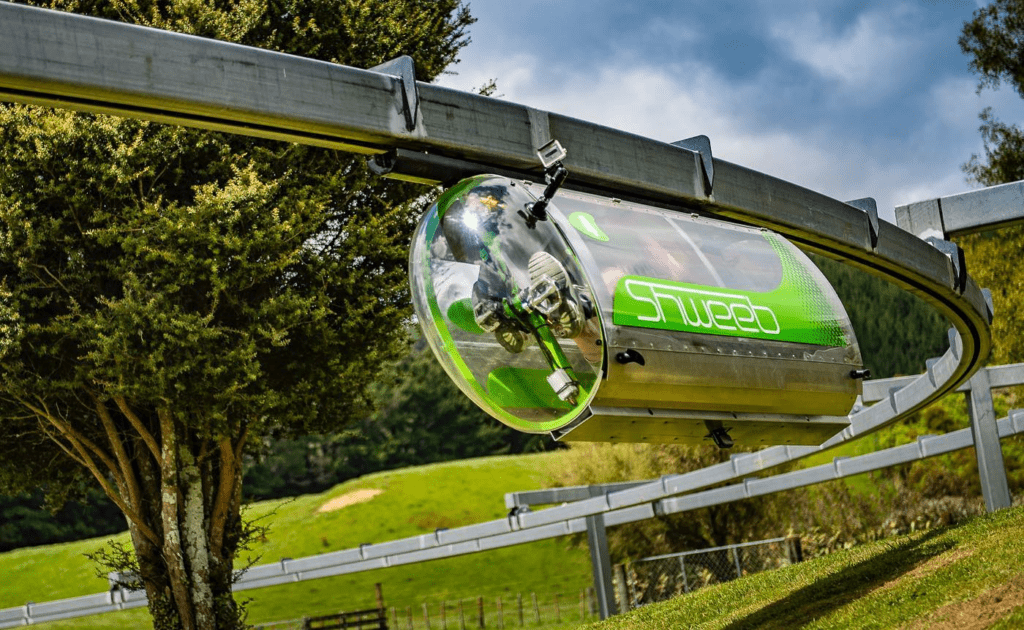
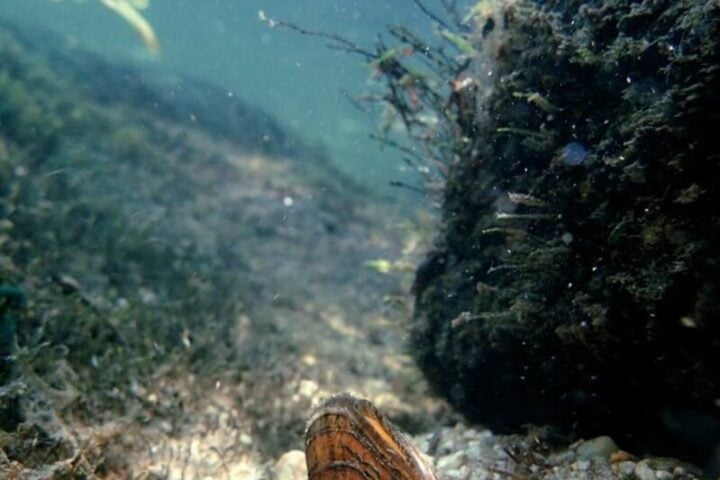
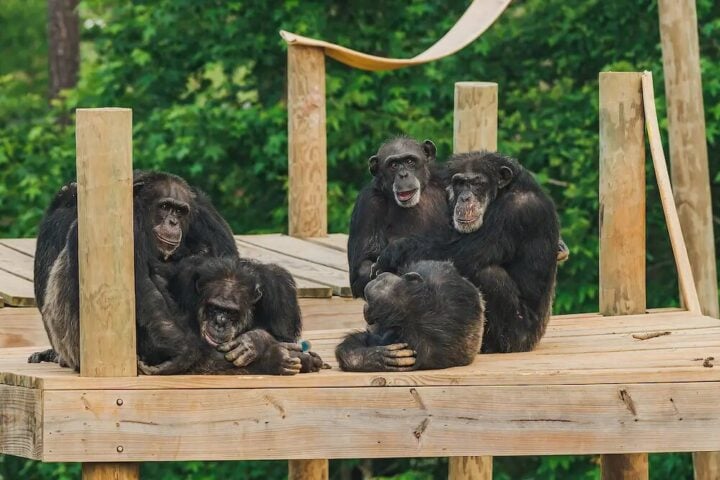
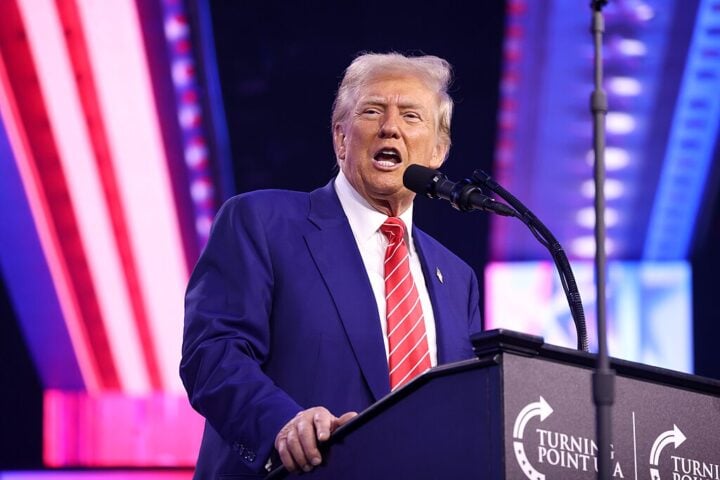
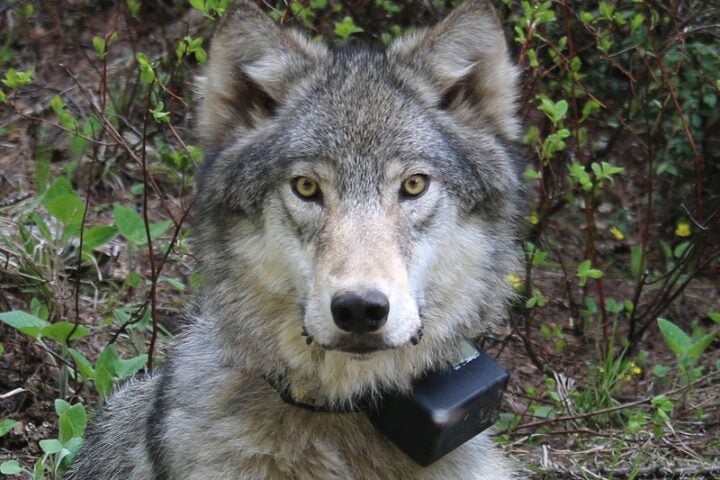
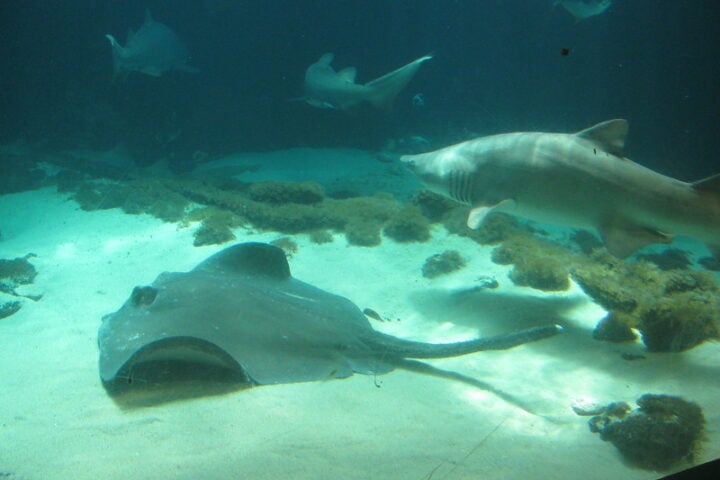
![Representative Image: European Starling [49/366]. Photo Source: Tim Sackton (CC BY-SA 2.0)](https://www.karmactive.com/wp-content/uploads/2025/04/Starlings-Drop-82-in-UK-Gardens-as-Birdwatch-2025-Reveals-Record-Low-Count-Since-1979-720x480.jpg)
